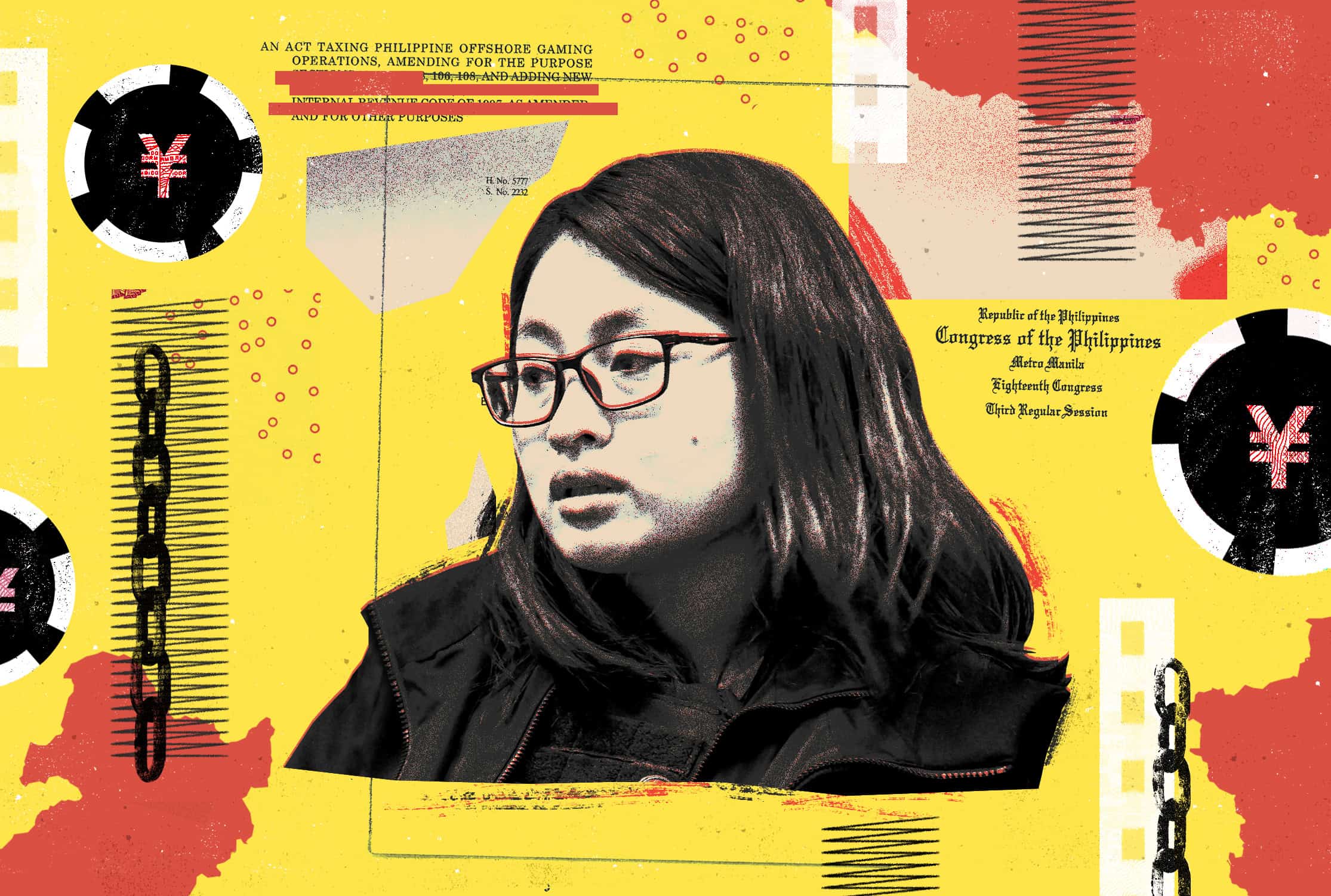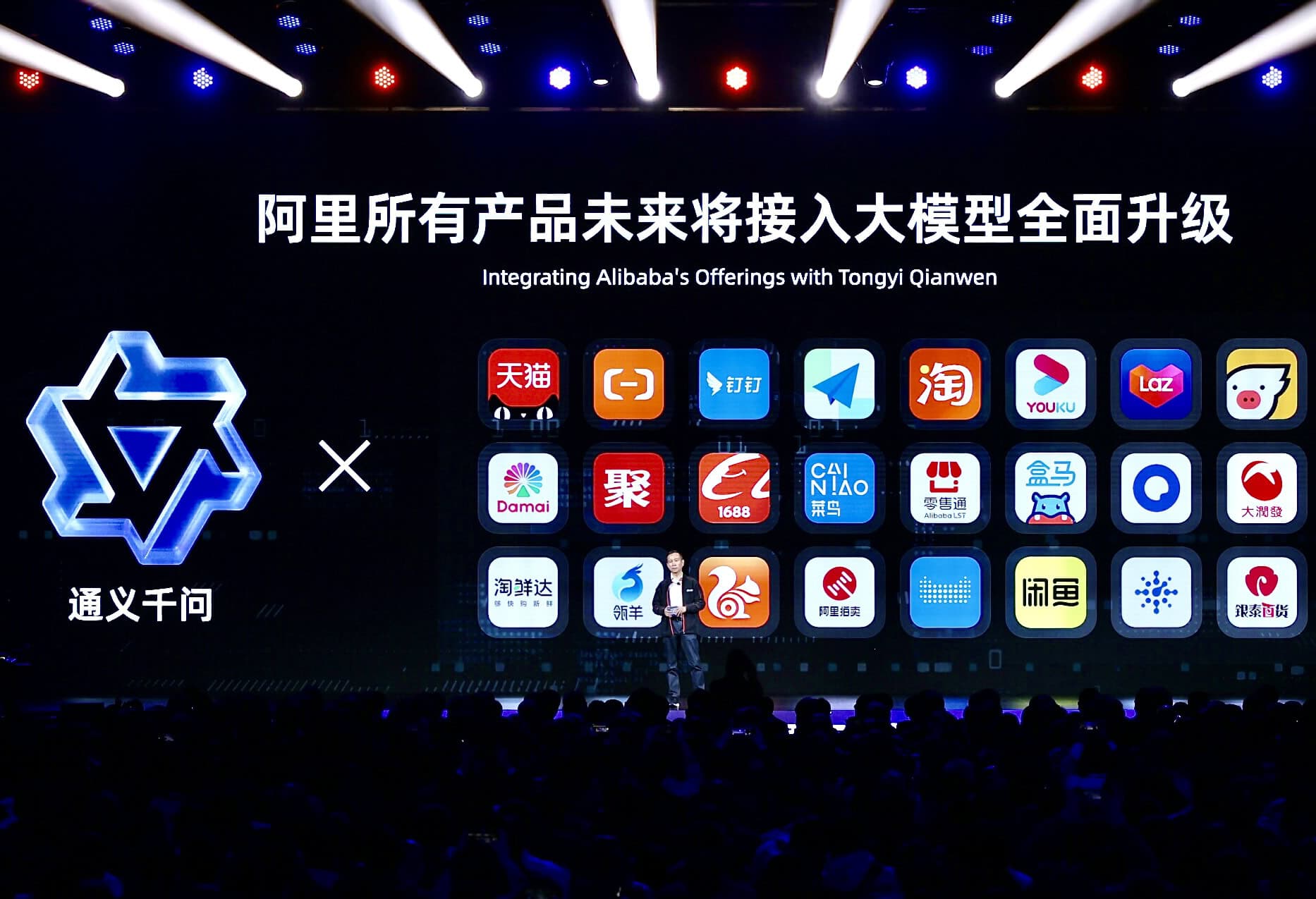Good evening. If you haven’t been following the case of Alice Guo, an alleged Chinese spy who became a mayor in the Philippines after opening an online gambling operation, you’ll want to check out our cover story this week. It’s a fascinating tale of the new criminal underworld in Southeast Asia and the risky way China appears to be playing both sides.
Elsewhere, we have infographics on the deep links between forced labor in Xinjiang and the global pharmaceutical supply chain; an interview with veteran legal scholar Jerome Cohen on China’s rule by law; a reported piece on how Chinese AI companies are catching up despite U.S. restrictions; and an op-ed on how to think about Trump’s approach to China this time around. If you’re not already a paid subscriber to The Wire, please sign up here.
Want this emailed directly to your inbox? Sign up to receive our free newsletter.

Risky Business
Over the past few years, online gambling centers in Southeast Asia that cater to the Chinese market have spiraled into far more sinister operations. One so-called POGO in the Philippines is catching special attention, however, because the co-owner isn’t just the city’s mayor — she’s also a Chinese citizen and alleged Chinese spy. This new criminal underworld has echoes far beyond the Philippines and its neighbors. As Sean Williams reports, the runaway gambling industry has created chaos — both to the detriment and advantage of Beijing.

The Big Picture: Bad-tasting Medicine
Deep linkages exist between forced labor in Xinjiang and the global pharmaceutical supply chain, according to a new report by Washington-based Center for Advanced Defense Studies (C4ADS). This week’s infographics by Noah Berman look into cross-border pharmaceutical supply chains as well as a couple of examples that show how easily Western companies and investors could be exposed.

A Q&A with Jerome Cohen

Jerome A. Cohen is a pioneer in the field of Chinese legal studies in the United States. His storied career began in the early 1960s, when he studied China’s legal system. Cohen’s 1968 book The Criminal Process in the People’s Republic of China, 1949- 1963: An Introduction became a foundational text in the field, establishing him as an authority and leaving him with a host of former students and mentees scattered across the landscape of China scholars, lawyers, officials and activists. His career moved from scholar to professor, from contract negotiation lawyer to human rights advocate. At 94 years old, Cohen has an upcoming memoir, Eastward, Westward, to be published in February. In this week’s interview with Evan Peng, he talks about growing repression in China’s legal system and where there is still room for optimism.
Jerome Cohen
Illustration by Kate Copeland

Chinese AI Companies Are Catching Up Despite U.S. Restrictions
The Biden administration is piling on export controls designed to limit China’s AI advances, but experts say its leading models are on a par with their U.S. rivals. Eliot Chen reports.

How to Think About Trump’s Likely Approach to China
The President-elect sometimes appears to contradict himself on China and go against the thinking of his past and future advisors. In this week’s op-ed, Ali Wyne, a senior researcher at the International Crisis Group, looks at how policy actually played out during Trump’s first term to outline how his new term in office could play out.
Subscribe today for unlimited access, starting at only $19 a month.



